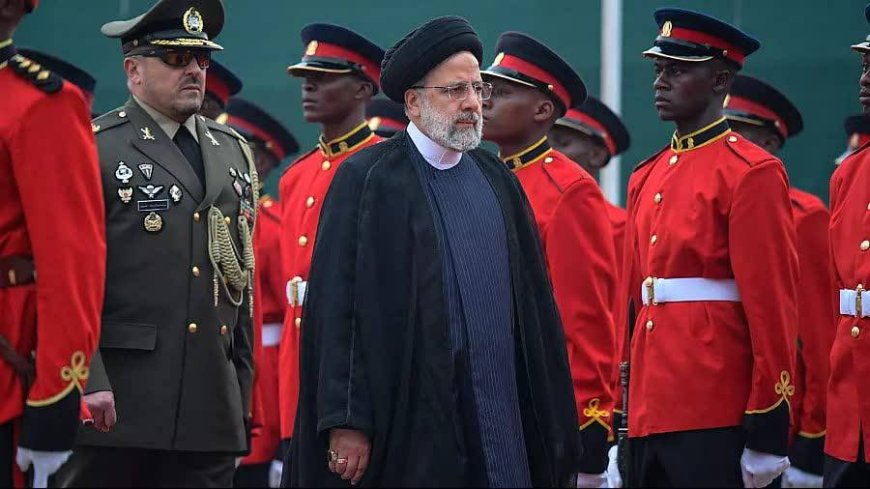Iran's Expanding Presence in Africa: Israel's Concerns over the Rise of Iranian Global Influence
Iran's Expanding Presence in Africa: Israel's Concerns over the Rise of Iranian Global Influence

During the presidency of Hassan Rouhani, the Zionists believed that Iran's activities in Africa, particularly those of the IRGC Quds forces, were curtailed due to Rouhani's political approach and differences between the Revolutionary Guards and the former President. However, with the change in leadership and the alignment of key figures close to the IRGC, the perceived obstacles to Iran's activities in Africa have been removed.
Africa, with its abundant reserves of minerals, including gold, crude oil, and natural gas, holds immense appeal for non-African countries seeking economic opportunities. Iran recognizes the potential benefits of expanding its presence in Africa and aims to capitalize on these opportunities to further its interests. This growing engagement has triggered concerns within Israel, prompting efforts to counter Iran's influence on the continent and perpetuate the ongoing shadow war between Tel Aviv and Tehran.
One specific point of contention between Iran and Israel in Africa revolves around the dispute between Algeria and Morocco. The Zionists allege that Iran supports Algeria, an anti-Israeli government, against Morocco, which holds a strategic alliance with Israel. They view the conflict between Algeria and Morocco as a precursor to a broader power struggle between Iran and Israel for dominance and influence across Africa. Algeria has long been a focal point of Iranian influence in North Africa. Tensions escalated in 2018 when Morocco accused Iran's embassy in Algeria and Lebanon’s Hezbollah of aiding the Polisario Front, leading to the severance of diplomatic ties between Tehran and Rabat.
Meir Ben-Shabbat, the head of the Institute for Zionist Strategy and National Security, Misgav, suggests that the Biden administration, preoccupied with domestic challenges, competition with China, and the Ukrainian conflict, is unlikely to respond militarily to Iran's policies in Africa. As a recommendation, he proposes that Israel recognize Morocco's occupation over the Western Sahara, thereby supporting Morocco against the Polisario Front, which allegedly receives backing from Algeria and Iran.
Notably, the Zionist regime recently acknowledged the Western Sahara as part of Moroccan territory, and they have previously provided intelligence assistance to Morocco in its fight against the Polisario Front, which they claim is supported by Iran. However, the dispute between Algeria and Morocco represents just one facet of the broader conflict between Iran and the Zionist regime in Africa. The Zionists contend that Iran utilizes the African continent as a platform to generate income, propagate its political ideology, and recruit individuals for anti-Zionist organizations.
The behavior of the Zionist regime underscores its deep-seated concerns regarding Iran's active diplomatic engagements in African countries, prompting concerted efforts to hinder Iran's increasing influence on the continent. Consequently, it is conceivable that the Zionists may orchestrate scenarios in African nations to undermine Iran's relations with African governments as part of their overarching Iranophobia project.













































